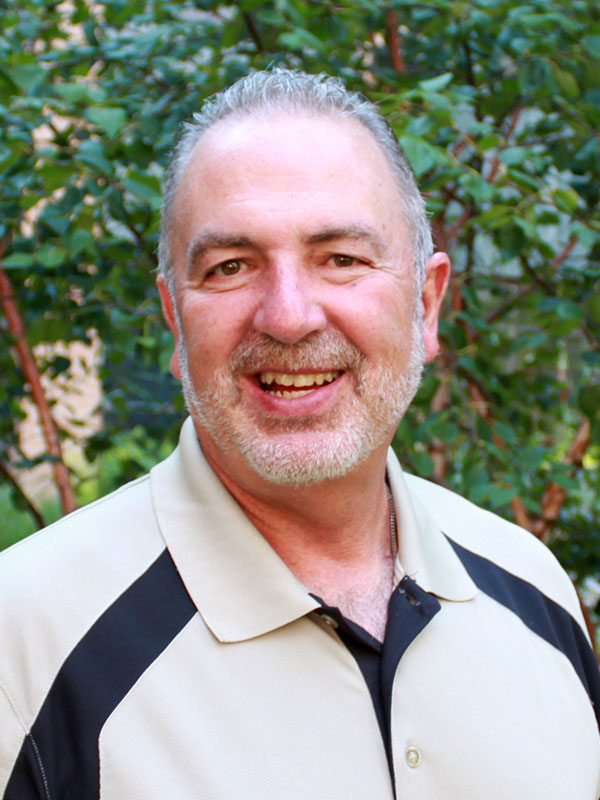Fran Benne | Design and Communications Specialist
Forty-two years have passed since Joe Keaschall stepped onto the University of Nebraska–Lincoln campus as a self-described, farm-boy freshman from Ravenna, Nebraska. Now, he returns to his alma mater as an experienced scientist and research director with 38 years of plant breeding wisdom, looking forward to sharing his experiences and cutting-edge science with UNL graduate students.
Keaschall joined the Department of Agronomy and Horticulture faculty, Aug. 15, as the new plant breeding professor of practice. He comes to UNL from DuPont Pioneer where he was the corn product program director for Latin America and the Southern/Western United States. He also served on the leadership team for the Ag Traits group which focused on the identification and integration of engineered genes for drought, nitrogen-use efficiency and yield enhancement.
He earned a bachelor’s degree in agronomy with high distinction from UNL. The late Dave McGill, agronomy professor, served as his adviser, and according to Keaschall, was the first mentor to inspire him with the amazing world of genetics. He had the opportunity to work in corn breeding for a year under the late Charlie Gardner, another distinguished agronomy professor — an experience which Keaschall said helped solidify his desire to continue in plant breeding.
He earned a master’s degree in plant breeding and genetics at UNL, working with Emeritus Professor Jim Specht in soybean breeding, and went on to earn a doctorate in plant breeding and genetics at Purdue University in sorghum breeding.
After graduating from Purdue University he became a corn breeder for Pioneer Hi-Bred International, Inc. at Windfall, Indiana where he worked for 11 years. He later became a research director for DuPont Pioneer for 19 years. Keaschall then had the opportunity to relocate to Lincoln as a research lead for DuPont Pioneer in the Western Business Unit regional office.
An extremely successful corn breeder with Pioneer, Keaschall was responsible for developing one of the parents of the highest-volume hybrid ever sold in the United States. He helped develop systems for conversion of “conventional” lines to contain and express biotech traits, like insect resistance.
“He can provide insight to process/systems, and requirements to ensure biotech products can succeed,” said Keaschall’s predecessor, retired UNL Plant Breeding Professor of Practice Tom Hoegemeyer.
Keaschall’s research involves drought tolerance improvement and yield enhancement and stabilization of crops in Nebraska and the world. He helped develop Aquamax drought tolerant products and understands precision phenotyping. That, Hoegemeyer said, is an important part of technology students need to understand.
“Joe has taught, both formally and informally, at many levels, and brings knowledge in both academic disciplines and practical ideas and techniques in plant breeding,” Hoegemeyer said. “He understands the relationship of plant breeding to business and business decision-making.”
After living in Indiana and Iowa for 27 years, Keaschall says he’s excited to be back at UNL. He grew up on a crop and livestock farm near Ravenna and always remained a Nebraska Cornhusker fan.
This fall semester Keaschall is teaching graduate courses in plant breeding — AGRO 816A: Heterosis and AGRO 815D: Cross-Pollinated Crop Breeding — in Plant Sciences Hall on UNL East Campus. He will also teach AGRO 816B: Haploids & Doubled Haploids in Breeding in the spring.
Keaschall feels Hoegemeyer set a high standard for the plant breeding professor of practice position in the Department of Agronomy and Horticulture. “My goal is to inspire and educate future plant breeding scientists and research associates,” he said.
